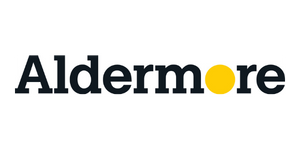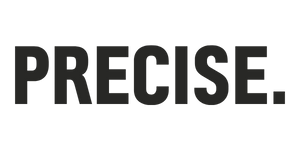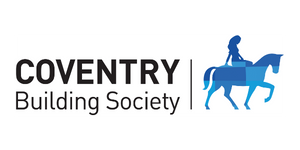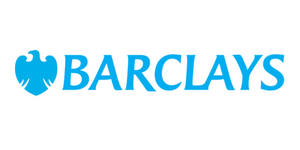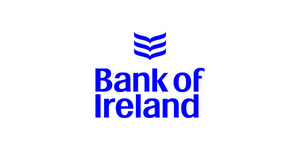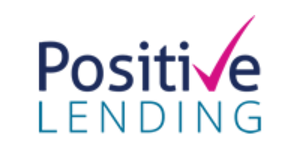Getting a mortgage when you have one employer and an income that can be verified with payslips can still prove to be difficult at times, but what if your income is more complex than that?
More people than ever before are in the position of not having just a single, regular source of income; the so-called gig economy has had an effect on how people earn their living, with many working freelance or jumping from contract to contract. Still, others rely on pensions, interest payments, or dividends.
No matter how your income is derived, the chances are you will still require a mortgage at some time throughout your lifetime. But what are your chances if you do not fit the standard "tick-box" assessment criteria?
What is a complex income?
Income is classed as complex if it is made up of several different sources and/or can be variable. This could include, for example, someone with a full-time 9-5 job who also works in a pub on evenings and weekends; someone with two (or more) part-time jobs; someone who is self-employed, or someone with income in the form of a pension plus investment dividends.
When applying for a mortgage, it's important that all sources of revenue are taken into account, as this gives a prospective lender a clear picture of your financial situation. Including all income streams could also be beneficial if you are looking for an amount that is deemed to be at the height of your affordability limit; that might make the difference between moving into your dream home or having to settle for second best.
The kinds of income you might receive – and would hope to have taken into account – can include, but are not limited to:
- Full-time wages
- Part-time wages
- Overtime payments
- Sales commissions
- Annual (or other) bonuses
- Pension
- Investment income
- Dividends
- Interest on savings or investments
- Freelance earnings
- Rental income from buy-to-let
- Royalty payments
- Maintenance payments
- Government benefits
Why a complex income can be an issue for mortgage lenders
Most high-street lenders like things to be nice, neat, and easy to assess. They prefer clients with no gaps or blots on their credit history and a regular income from a good employer. That is why, ironically, it can sometimes be harder for the entrepreneur running a business to get a mortgage than the people they employ!
However, many people derive income from multiple sources or from self-employment, and while that income might be regular, it can also be variable. This makes it harder for some lenders to assess risk when it comes to lending money, which makes them cautious.
How lenders assess different types of incomes
Beyond just identifying your income streams, lenders have specific ways they assess each one. Understanding this can help you prepare your application:
- Overtime, Commission & Bonuses: Lenders typically look for a consistent track record, often requiring 3–12 months of payslips or P60s. They might average your earnings over this period or use a percentage of your regular income. The more consistent and provable the income, the higher the chance it will be accepted.
- Rental Income: For residential mortgages, lenders usually take a percentage (e.g., 50-75%) of your declared net rental profit. You'll typically need tenancy agreements, bank statements showing rent received, and proof of tax declaration (e.g., SA302 forms or certified accounts).
- Investment Income (Dividends, Interest): Lenders often require a history of this income, usually 1–2 years of tax returns (SA302) or certified company accounts, demonstrating consistency. For dividends, they will look at your salary plus dividends, and some may consider retained profits within a limited company.
- Pension Income: Generally, 100% of a verifiable pension income (state or private) is accepted, provided it's consistent and likely to continue. Recent pension statements or award letters will be required.
- Maintenance Payments: Some lenders will consider maintenance payments, especially if backed by a court order or formal agreement, and a consistent track record of receipts (e.g., 6–12 months of bank statements). They might require the payments to continue for a significant portion of the mortgage term (e.g., until the youngest child turns 18).
- Government Benefits: Acceptance varies significantly by lender and benefit type. Child Benefit, Disability Living Allowance (DLA), or Personal Independence Payment (PIP) are more commonly considered than means-tested benefits. Lenders look for stability and likely continuation. Proof of entitlement (award letters) and bank statements will be needed.
Mortgages with complex incomes: Finding your way forward
Having said all that, many people look for and get mortgages with complex incomes. It is a potential hurdle, but not necessarily a roadblock. However, to have the best chance of getting a realistic mortgage offer based on your total financial standing, you may be best off seeking help and advice from a specialist mortgage broker.
They will know how to present your application in the best possible light so that all your eligible incomes are taken into account for the affordability assessment, resulting in a more satisfactory mortgage offer for you.
Get expert help and advice
At IMC Mortgage Brokers, we have a specialist team that works hard to help all our clients secure mortgages with complex incomes. We understand the need for people with complex incomes to access a lender prepared to assess each case individually and to take into account bonus payments, overtime, commission, and other types of income when necessary.
With a wide network of contacts established over many years, access to thousands of products from the whole of the mortgage market, and exclusive rates that are not available on the high street, we can help you fully consider your options when it comes to getting a mortgage based on a complex income.


